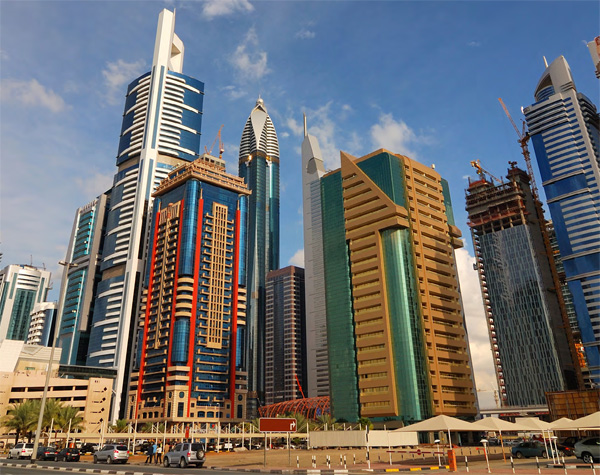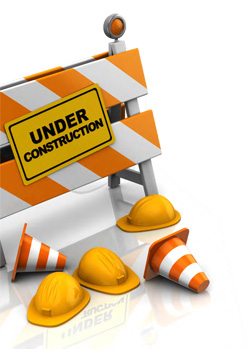Michael Scriven, who stresses the need for regular specialist maintenance of building management systems, believes that it is a message that is not getting through. He, therefore, poses vital questions on the subject not many seem to ask, and answers them.
Michael Scriven, who stresses the need for regular specialist maintenance of building management systems, believes that it is a message that is not getting through. He, therefore, poses vital questions on the subject not many seem to ask, and answers them.

Is your building being run into the ground? Do you know if your building management system (BMS) is operating correctly, being maintained correctly and giving you energy savings envisaged? To answer these questions, you need to look at the maintenance regimen for your building management systems. Though there is a definite increase in the number of building owners and facilities management (FM) companies that are now taking out BMS maintenance contracts, unfortunately, many such contracts fail to deliver an adequate level of service, and all too often, the provider is not a building controls expert. In addition, there are still an alarming number of systems that are not being maintained at all. In fact, less that 10% of buildings with BMS installed within the UAE are maintained by a specialist contractor, and if maintained at all, only by an untrained technician, who is only a glorified system operator, and not giving the specialist maintenance needed that can actually save operating costs.

Energy efficiency is now well understood as a sound business practice – after all, energy represents the single fastest-growing operating cost in businesses today. So, why are there, so many building owners and business operators, blinkered by the fact that their FM company is shortchanging them by allowing sub-standard maintenance practices, is the moot question. This is evidently affecting the bottom line and profitability of every business. Yet, not many seem to care.
It needs to be remembered that there is much more to building controls maintenance than just dealing with breakdowns, which tend, in any case, to be relatively rare, owing to the reliability of modern equipment. For instance, there is frequently a need to re-optimise BMS performance because of periodic changes to a building’s layout, usage or occupancy patterns. Quality of control will also gradually deteriorate due to factors such as loss of sensor accuracy and unnecessary system overrides, which again shows the necessity of a pro-active service regimen. Without one, the building user will usually face higher energy bills and poorer comfort conditions.
I believe that specialist tools are available to its manufacturers and specialist authorised contractors. These allow a range of system checks to be performed very rapidly, and in some instances, without a site visit. Remote provision of services is, in fact, a core element of the BMS system, so the specialist contractor can continuously monitor a customer’s site and system, and where necessary, make appropriate control adjustments.
There are, of course, some maintenance tasks that can only be done on site. In addition, a physical tour of inspection will allow the trained eye to spot potential problems that might otherwise go unnoticed. Consequently, regular visits are still a must. Those who only opt for emergency breakdown cover are probably unaware of this fact. It is also clear that not everyone appreciates that BMS maintenance is a job best left to the specialists. Although manufacturers and controls contractors still carry out service and maintenance work, a significant and apparently a growing proportion, is being done by non-specialists. Most are general maintenance companies, which inevitably lack an in-depth knowledge of BMS technology. The rest are largely “cowboys” who claim to be controls experts, but are anything but. Generally, neither of these groups will have access to the latest service tools or have the knowledge on how to reduce energy consumption via better control of the services.
Unfortunately, there is a prevalence of the mindset to try to save AED 20,000 in maintenance charges, which impacts the energy bill payer by over 10 times, and more in increased energy usage. So, the question to be asked is: Where’s the saving?
FM companies and in-house engineering teams need to realise that a technician operating the BMS is good practice, but not the specialist maintenance, which is what is needed.
When a BMS performs as it is supposed to, it can make considerable savings on energy and other costs, as well as ensuring consistently comfortable conditions for a building’s occupants. But for this to happen, it needs to be maintained regularly.
The writer is Business Development Manager, Optima International. He can be contacted at: michael@optimain.ae.
Copyright © 2006-2025 - CPI Industry. All rights reserved.